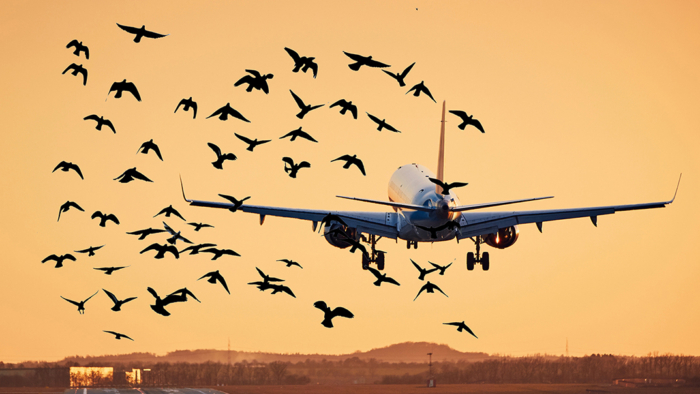Is a Bird Strike Covered Under Insurance in the Case of the Jeju Air Crash?
The recent Jeju Air crash in South Korea has sparked global discussions, not only about aviation safety, but also about the role of insurance in such incidents. Initial investigations suggest that a bird strike might have contributed to the crash, putting a spotlight on how unforeseen natural events impact liability and coverage.
Understanding Bird Strikes in Aviation
A bird strike is not common; however, it can cause great damage to different parts of the aircraft. The engine and windshield of the aircraft are two parts that can be damaged. Among the factors that are being looked into by Jeju Air officials is whether the engine being sucked into by a bird strike caused the plane to crash.
There are some questions that arise from an insurance viewpoint considering these events:
• Can a bird strike be covered by an aviation insurance policy?
• How does liability insurance shield airlines when passengers are harmed?
How Aviation Insurance Responds
1. Decreased Costs: Defensive Coverage for impaired quarters aboard aircraft.
2. People Single Loss: Providing distribution for inhibitions and death expectancy’s.
3. Operational interruptions: Include losses caused by keeping the aircraft on the ground for security and fixing, particularly when it comes to a fleet of aircraft.
This is an opportunity for insurance brokers to remind businesses of the necessity of comprehensive coverage that is designed to mitigate such risks.
Lessons for Stakeholders
Airlines and insurers need to partner to minimize risks via new technology and modernized safety protocols. As brokers, it’s imperative that they lead clients toward policies that protect them from such sudden natural hazards that can affect long-term security.


